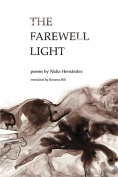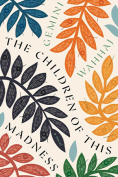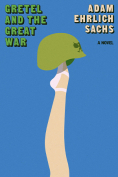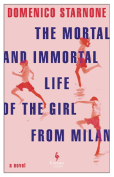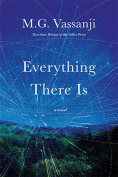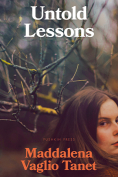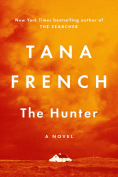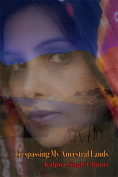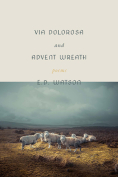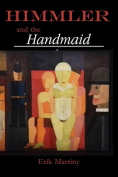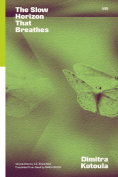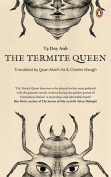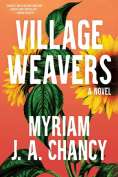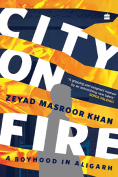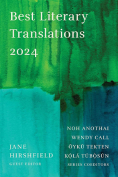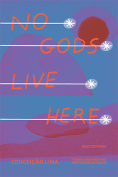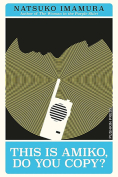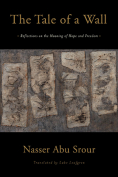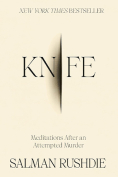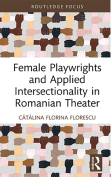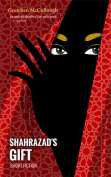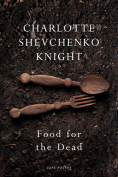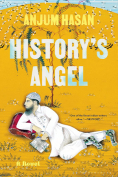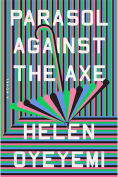The Slow Horizon That Breathes by Dimitra Kotoula
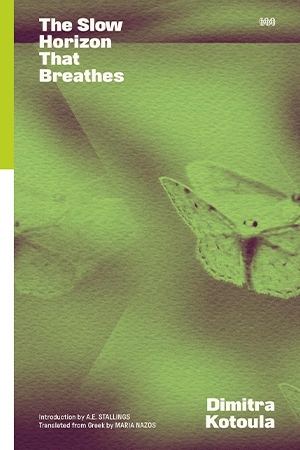 New York. World Poetry Books. 2023. 160 pages.
New York. World Poetry Books. 2023. 160 pages.
Dimitra Kotoula’s The Slow Horizon That Breathes is a significant introduction to the contemporary Greek poet who, aside from three poetry collections, is well known for also translating poets Louise Glück, Sharon Olds, and Jorie Graham into Greek. This bilingual collection is further enriched by poet and translator A. E. Stallings’s succinct and lucid introduction, which contextualizes Kotoula’s work against the cultural, traditional, and emotional landscape of contemporary Greek poetry. Additionally, as a poet and translator myself, I appreciated most the choice to include a translator’s note at the end of the book by Maria Nazos, herself a talented poet, who vividly and movingly describes her decade-long collaboration with Kotoula to bring this collection to US readers. These two essays serve as bookends to a collection of poems about the nature of existence and consciousness, an artist’s wrestling with her craft, and desire.
When reading this book, I was reminded of Glück’s description of why poetry survives: “because it haunts and it haunts, because it is simultaneously utterly clear and deeply mysterious.” Reading Kotoula has this similar effect, like sitting adjacent to a lush spring garden, separated from it by only a thin linen curtain—all the light, the sounds, the smell of spring so palpable, and yet what’s seen is not fully visible, only deeply felt and understood. For many of the ekphrastic poems, there is a sense of eavesdropping when we reach the end, as though we could hear beyond them. This is a testament to Nazos’s skillful rendering into English of Kotoula’s emotional depth and her simultaneously introspective and restless voice. “I want to understand / (try to understand) / what rushes to give the mind back its freedom.” This and other poems that describe the landscape of a mind in motion illuminate what it means to exist as consciousness and point to an original quality in these poems, which is Kotoula’s philosophical, inquisitive tone.
Readers and writers of poetry, as well as artists, will appreciate the poems in this book that delve into an artist’s struggles with craft. This is reflected most acutely in “Head of Satyrs” where, written in the voice of the sculptor Yannoulis Chalepas, we hear an artist’s plea for solitude so that he can understand what liberates or constrains the mind in the process of creation. Similarly, Kotoula the poet seeks solitude and remains faithful to it, or what she calls “light,” which allows her a deeper understanding of selfhood.
The theme of desire and loss is evoked in “Prayer, or the Apple, 7/28/2013” and “Young Erotic,” two gorgeously sensual poems where, addressing an unspecified “you,” Kotoula speaks intimately to all of us. An image that struck me is the way Kotoula writes about hands. It seems as though there is at least one mention of a hand or hands in nearly every poem in the book. This powerful, recurrent imagery symbolizes human action and connection, human vulnerability. How else but through our hands do we touch and feel the world, give and take from it and each other. The poems are a reminder of this and, perhaps more poignantly, a reminder of the grief inherent in connection. The lines “Close your eyes / Close your eyes well to— / I you and this” drive home the idea that connection is fleeting, reminding us that even when a poet, a reader, and the poem truly click across temporal, cultural, and geographical boundaries, at some point the book will close. Yet, in the same poem, Kotoula holds her hands straight before her, perhaps straight toward the reader, and in this gesture we recognize the human desire to communicate.
Her book is the kind of gift a reader will long “hold . . . silently in the dark.”
Ani Gjika
Framingham, Massachusetts
